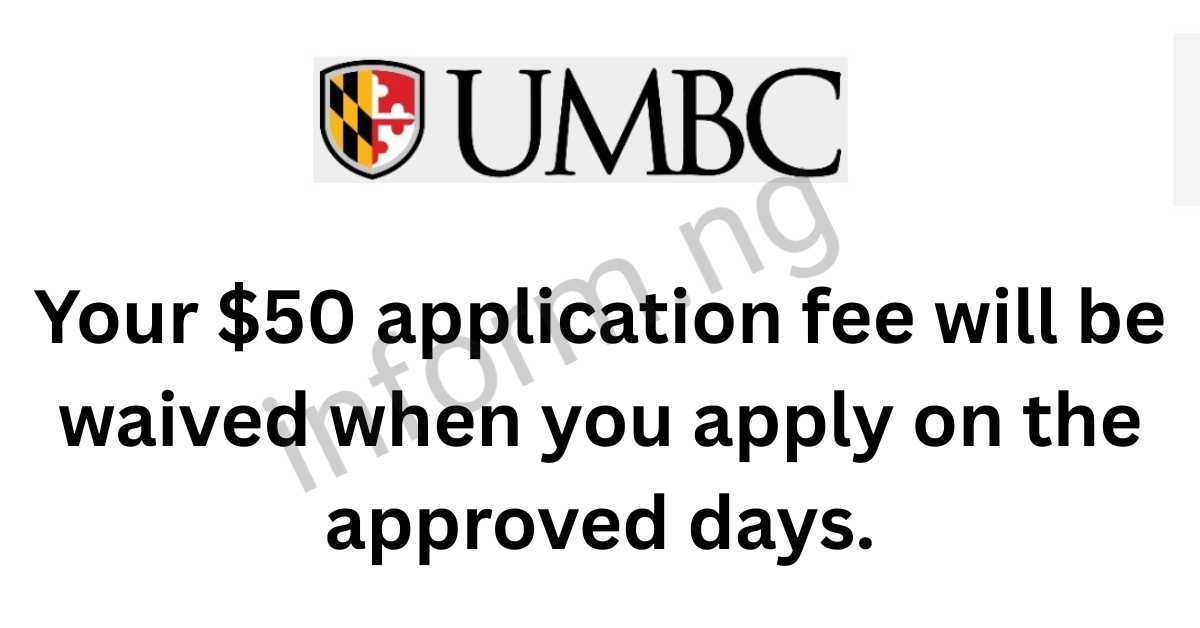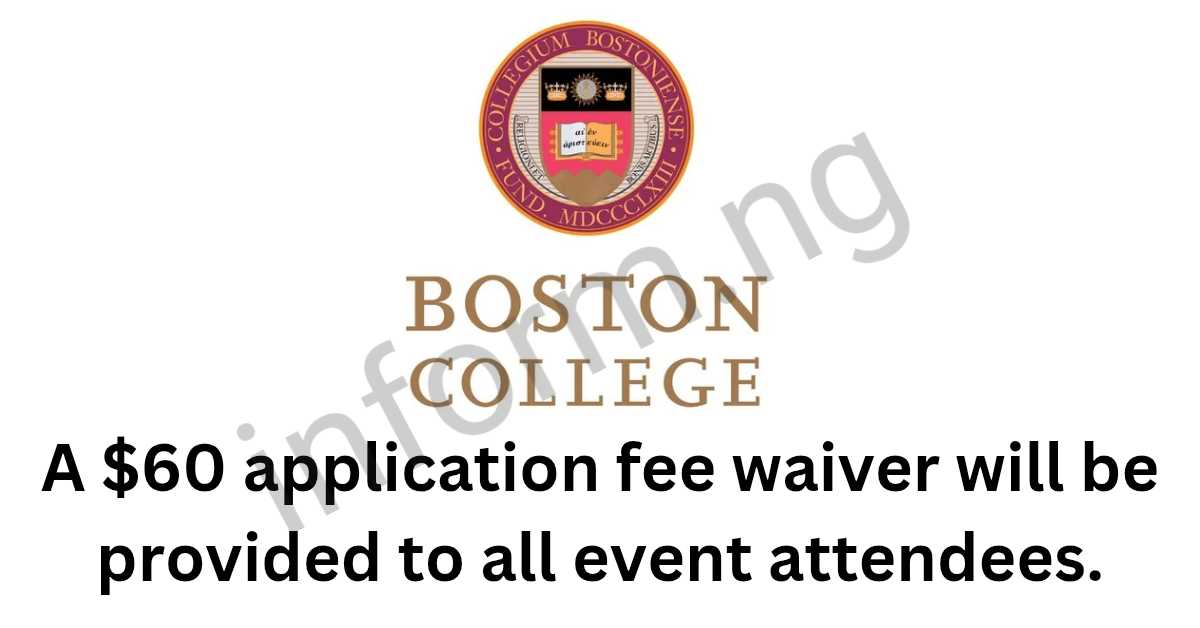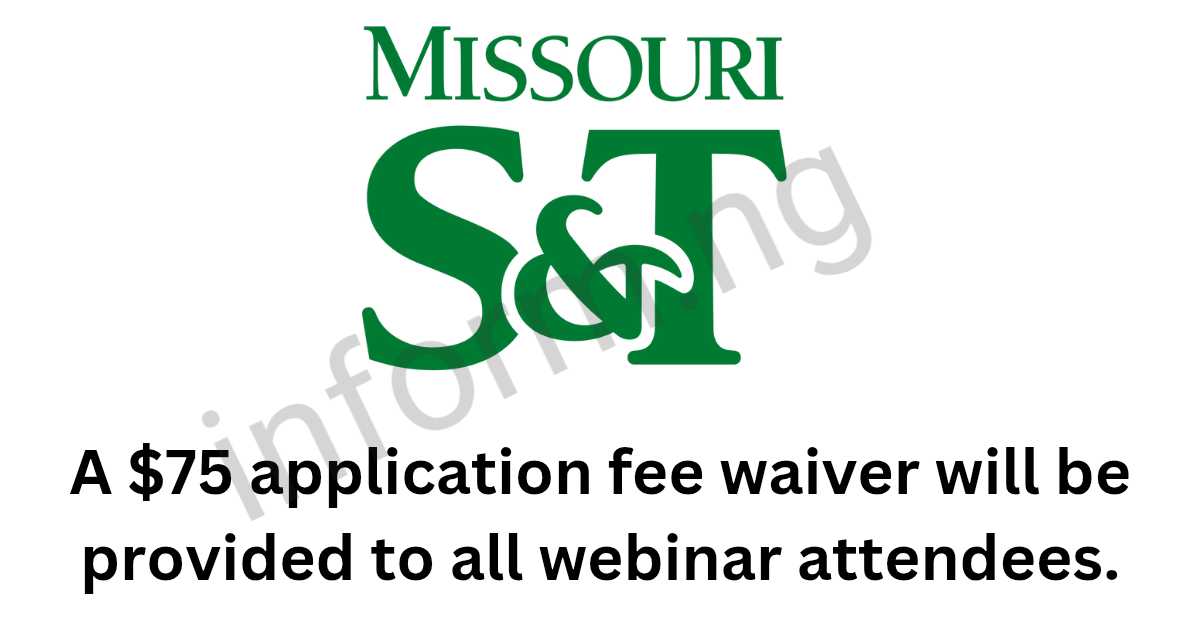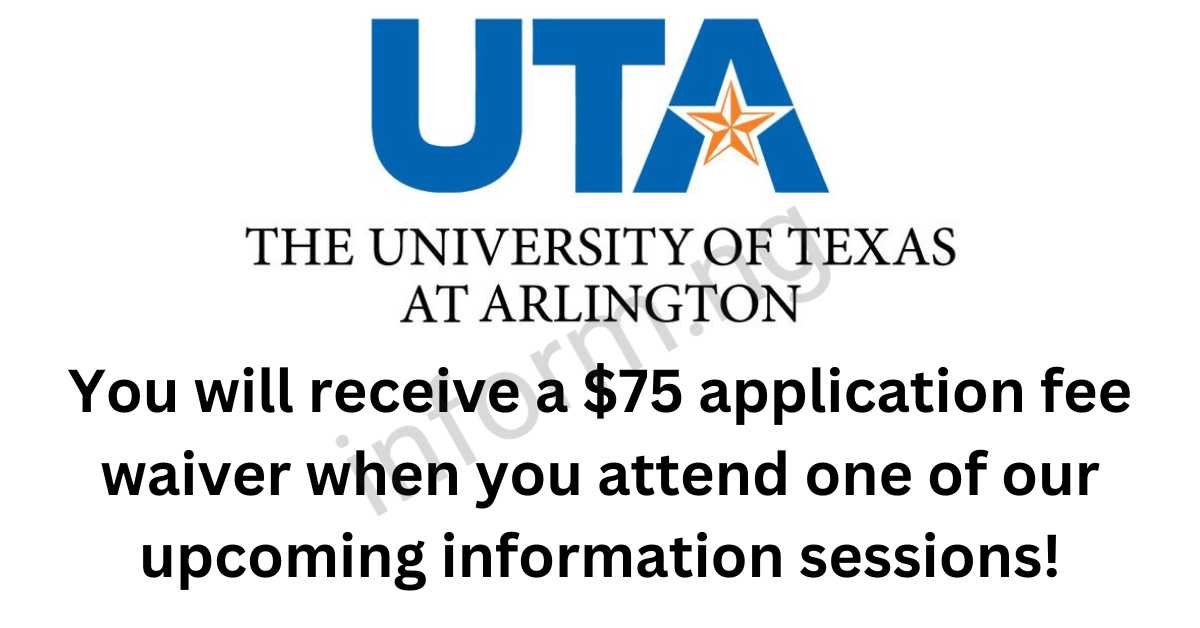Email: [email protected]


Once you’ve narrowed down your search, schedule a consultation with the potential lawyers. This meeting will help you assess their expertise, communication style, and compatibility. Prepare a list of questions to ask during the consultation, such as their approach to your case, their fees, and their experience with similar cases.
Pay attention to how they listen to your concerns, explain legal concepts, and answer your questions. A consultation is an opportunity to gauge whether you feel comfortable working with the lawyer and whether they understand your needs. It’s essential to choose a lawyer you trust and feel confident in.
Effective communication is crucial in a lawyer-client relationship. During the consultation, evaluate how well the lawyer listens to your concerns, explains legal concepts, and responds to your questions. Do they use clear and simple language or legal jargon? Are they patient and empathetic or rushed and dismissive? Consider how they communicate their strategy, goals, and expectations.
Good communication is key to a successful outcome, so ensure you feel heard, understood, and confident in the lawyer’s ability to represent you. A lawyer who communicates effectively will keep you informed and empowered throughout the legal process.
Consider the lawyer’s team and support staff when making your decision. A lawyer may have an excellent reputation, but their team may be inexperienced or overworked. Ask about the team’s experience, expertise, and workload. Will your case be handled by the lawyer or passed off to a junior associate? Ensure the team is experienced, organized, and has a good reputation.
A strong team can provide valuable support and expertise, while a weak team can lead to delays and mistakes. Evaluating the team will give you a comprehensive understanding of the lawyer’s practice and ability to handle your case effectively.
Understand the lawyer’s fees and costs structure to avoid surprises down the line. Ask about their billing method, hourly rate, and any additional expenses. Some lawyers may charge a flat fee or a contingency fee. Clarify what services are included in the fee and what extra costs you may incur.
Ensure you understand the payment terms and whether they offer flexible payment plans. Transparency about fees and costs will help you budget and make an informed decision. Be wary of lawyers who are evasive or unclear about their fees, as this may indicate hidden costs.
Ultimately, choosing the right real estate lawyer depends on your personal comfort level and trust in their abilities. After researching, interviewing, and evaluating their credentials, experience, and fees, listen to your inner voice. Do you feel confident in their expertise and guidance?
Do you sense a genuine interest in your case and a willingness to help? Trust your instincts and don’t hesitate to ask more questions or seek a second opinion if needed. Your intuition can be a powerful tool in making the right decision for your legal representation.












To provide the best experiences, we and our partners use technologies like cookies to store and/or access device information. Consenting to these technologies will allow us and our partners to process personal data such as browsing behavior or unique IDs on this site and show (non-) personalized ads. Not consenting or withdrawing consent, may adversely affect certain features and functions.
Click below to consent to the above or make granular choices. Your choices will be applied to this site only. You can change your settings at any time, including withdrawing your consent, by using the toggles on the Cookie Policy, or by clicking on the manage consent button at the bottom of the screen.
